Today's episode we are doing something slightly different ! My paper for the Turbo Expo 2020 have been accepted and today's episode is an informal conversation between the co-authors of why and how we did this paper. The paper is entitled: USE OF AN INTEGRATED APPROACH FOR ANALYSIS AND DESIGN OF TURBOCHARGED INTERNAL COMBUSTION ENGINE and I wrote with a colleague (Mark Anderson, CTO at Concepts NREC) and some smart guys from the well known Ricardo ( Parth Pandya, Senior Application Engineer at Ricardo; and Mat Perchanok, Principal Software Engineer).
ABSTRACT
When developing a turbocharged internal combustion engine, the choice of turbocharger is usually based on designer experience and existing hardware. However, proper turbocharger design relies on matching the compressor and turbine performance to the engine requirements so that parameters such as boost and back pressure, compressor pressure ratio, and turbine inlet temperatures meet the needs of the engine without exceeding its allowable operating envelope. Therefore, the ultimate measure of a successful turbocharger design is how well it is matched to an engine across various operating conditions. This, in turn, determines whether a new turbocharger is required, or an existing solution can be used.
When existing turbocharger solutions are not viable, the engine designer is at a loss on how to define a new turbocharger that meets the desired performance requirements. A common approach in industry has been to scale the performance of an existing turbocharger (compressor and turbine maps) and take these requirements for Original Equipment Manufacturers to possibly match it with a real machine. However, the assumptions made in a basic scaling process are quite simplistic and generally not satisfactory in this situation. A better approach would be to use a validated meanline model for a compressor and turbine instead, allowing to perform an actual preliminary design of such components. Such approach allows to link the engine performance requirements in a very early stage of te component design project and it guides the designer for the design decisions, such as rotor size, variable geometry nozzles, diameter, or shroud trims and others. Therefore, a feasible solution is more likely with design less iterations.
This paper describes a methodology for an integrated approach to design and analyze a turbocharged internal combustion engine using commercially available state-of-the-art 1D gas dynamics simulation tool linked to two powerful turbomachinery meanline programs. The outputs of this analysis are detailed performance data of the engine and turbocharger at different engine operating conditions.
Two case studies are then presented for a 10-liter diesel truck engine. The first study demonstrates how the programs are used to evaluate an existing engine and reverse engineer an existing turbocharger based only on the available performance maps. Then a second study is done using a similar approach but redesigning a new turbocharger (based on the reverse engineered one) for an increased torque output of the same engine.
Keywords: turbocharger, ICE, centrifugal compressor, turbine
Entropy to Work, every Tuesday on your streaming platforms !
Website and blog: https://www.fluxuseng.com
YouTube Channel: https://cutt.ly/WzMd2Wm
Spotify: https://open.spotify.com/show/3C17Hz4XoW36OeDT4Tdad5
Google Podcasts: https://cutt.ly/hzMfv3X
Anchor: https://anchor.fm/fluxus-eng
Breaker: https://www.breaker.audio/entropy-to-work\
Pocket Casts: https://pca.st/yfq5b3jm
RadioPublic: https://radiopublic.com/entropy-to-work-GZxYMa
--- Send in a voice message: https://anchor.fm/fluxus-eng/message

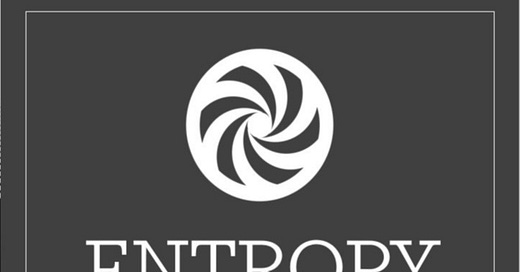



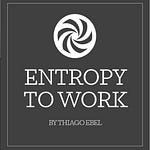
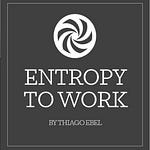
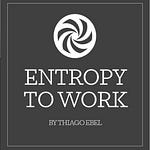
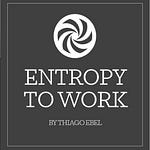
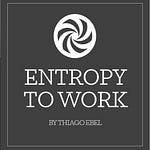
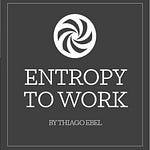
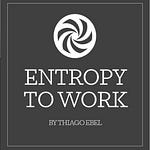
Share this post